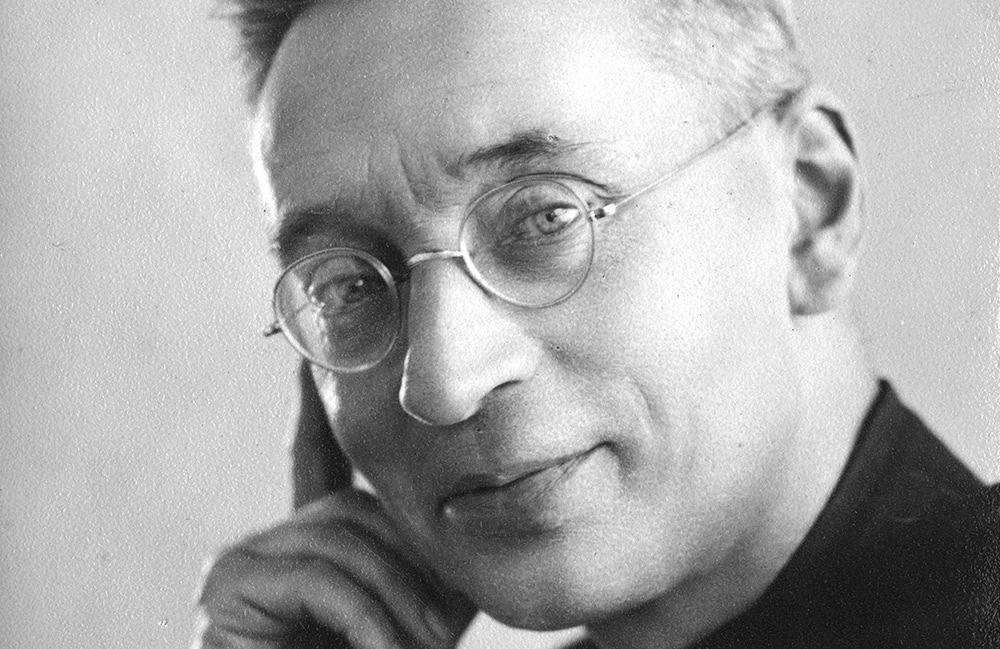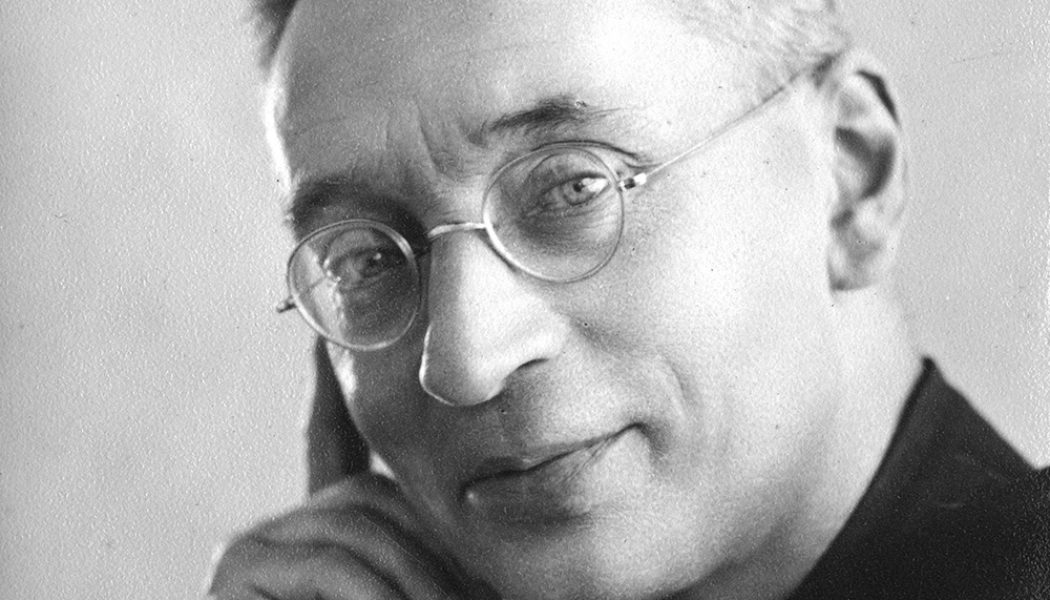
ROME. As of May 15, Catholic journalists around the world will be able to count one of their number among the saints, as Titus Brandsma, a Dutch Carmelite killed at the Dachau concentration camp in 1942, is canonized in St. Peter’s Square. At a moment when Catholic opinion journalism is in danger of falling victim to the ever-present dangers of trivialization, tribalism and hysteria-mongering in this age of Internet and social media demagogy, St. Titus Brandsma’s example of courage and fidelity under great pressure is well worth pondering.
Anno Sjoerd Brandsma was born in the Dutch province of Friesland in 1881 to devoutly Catholic parents in what was then a dominantly Protestant area. At 17, young Anno entered the Carmelite novitiate at Boxmeer on the River Meuse, taking the religious name “Titus” in honor of his father, named for one of the companions of St. Paul: the early Church’s premier journalist, so to speak. Ordained a priest on June 7, 1905, Father Titus earned a doctoral degree at Rome’s Gregorian University in 1909 and then returned to the Netherlands, where he displayed remarkable energy in a variety of fields.
For a decade and a half, he worked as a Catholic writer, teacher and controversialist: he launched and led a project to translate into Dutch the works of the great Carmelite mystic and reformer, St. Teresa of Ávila; he created a high school in 1919 and led it for two years; he defended an avant-garde painter’s expressionist depiction of the Stations of the Cross, on which he wrote meditations; and in 1923 he became one of the founders of the Catholic University of Nijmegen. There, he served on the faculty, specializing in philosophy and the theology of mysticism, led the university for a year as Rector Magnificus and, in an era when the professoriate was often typically characterized by its hauteur and distance from mere students, he distinguished himself by his openness and receptivity.
In the midst of these various educational endeavors, Father Titus Brandsma tilled the fields of Catholic journalism, becoming chaplain to the National Union of [Dutch] Catholic Journalists in 1935. Interestingly enough, for a man depicted by a recent biographer as politically naïve and theoretically sympathetic to authoritarian forms of government, Father Brandsma was an unremitting foe of Nazi ideology, urging Catholic editors to avoid publishing propaganda pieces for National Socialism and taking a firm stand against the anti-Semitism deeply embedded in the Nazi project. His commitment to the truths of Catholic faith and to the independence of the press eventually led him to his own Via Crucis.
After the German conquest of Holland in 1940, Brandsma urged the Dutch bishops to speak out against Nazi human rights violations, including the persecution of Dut
